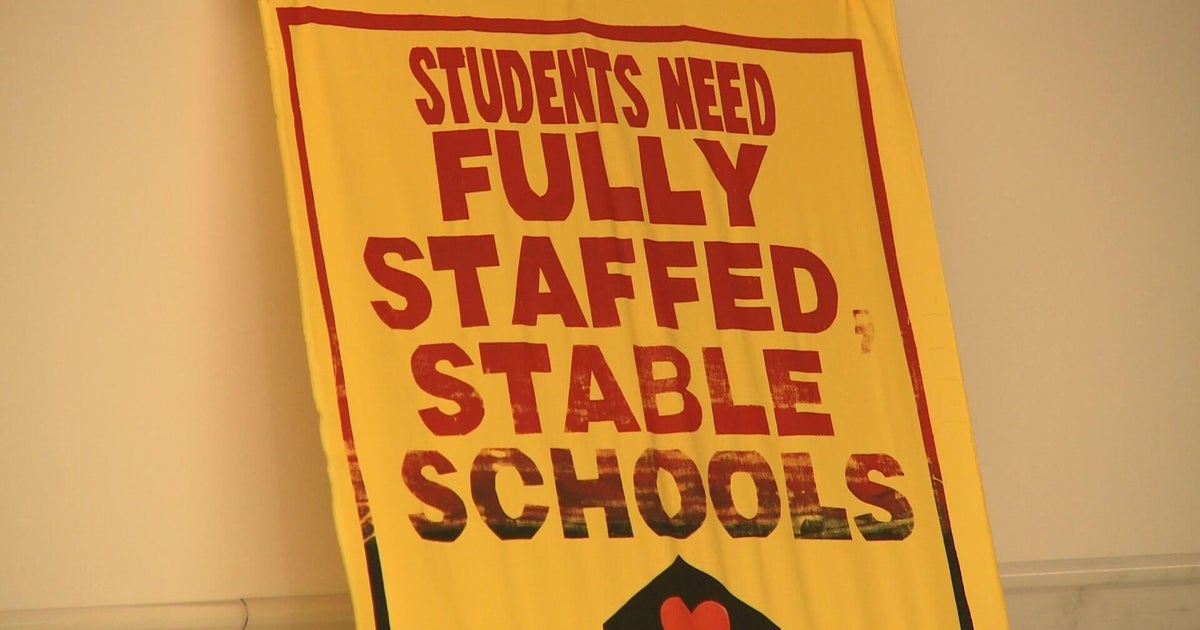What are the benefits of mulching leaves?
ST. PAUL, Minn. — Minnesota is in the thick of fall and the leaf piles are growing.
Busy outside his home for the second day in a row, Mark Hawkinson at least has a plan for all the leaves that keep falling on his property.
"I just blow off what I can off our driveway, and then I give a mild rake to the leaves on the lawn, and the rest go to mulch," said Hawkinson.
It's an effective, albeit repetitive, cleanup process. Hawkinson estimates that he'll remove about 80% of the leaves and mulch the rest. Removing leaves reveals a green lawn, but doing the opposite can create one.
"We always want to have things to be nice and tidy, and it doesn't necessarily have to be that way," said Jon Trappe, a turfgrass extension educator with the University of Minnesota. "There can be some benefits behind having a little bit more clutter."
What are the benefits for our lawns of mulching leaves?
"We recommend to mulch leaves because we can return nutrients that are important for our lawns or for the trees themselves," said Trappe.
Most tree leaves are about 1-3% nitrogen, which is the most important element for plants to grow.
"We're basically getting some free fertilizer for our lawns," said Trappe.
It's free and all-natural, instead of manufactured, store-bought fertilizer.
"We have a lot of flower beds so we don't rake those out," said Hawkinson.
Why might we want to leave leaves around our trees or plants?
"They're holding in moisture and preventing it from evaporating up into the atmosphere," said Trappe.
Similar to wood chips, mulched leaves can help soil retain moisture around flower beds and tree trunks, regulate the soil's temperature and suppress weed growth. If you plan to put leaves around your garden beds or shrubs, make sure the mulch is 3 to 4 inches deep. It eventually will decompose and fertilize the soil.
What are the cons of mulching?
"Eventually you might get to a point where you have too much left on the surface after mowing," said Trappe.
If you use a mower to mulch the leaves in your yard and barely see any grass afterward, it's time to remove some. When someone only mulches the leaves, they can increase the risk of creating snow mold over the winter.
"It slows the green-up of the turf grass as they're coming out of winter dormancy, but in some extreme cases it can actually kill the grass," said Trappe. "If the grass is killed, it needs to be replanted."
As Hawkinson continued the work in his yard, he noticed the leaves were considerably heavier than the day before. A rainstorm had come in the previous night. Wet leaves don't mulch well and are much heavier to remove.
"Waiting for them to dry is going to be beneficial for multiple reasons," Trappe said.
It's an excuse to put off a fall chore just a bit longer while making the work easier.







